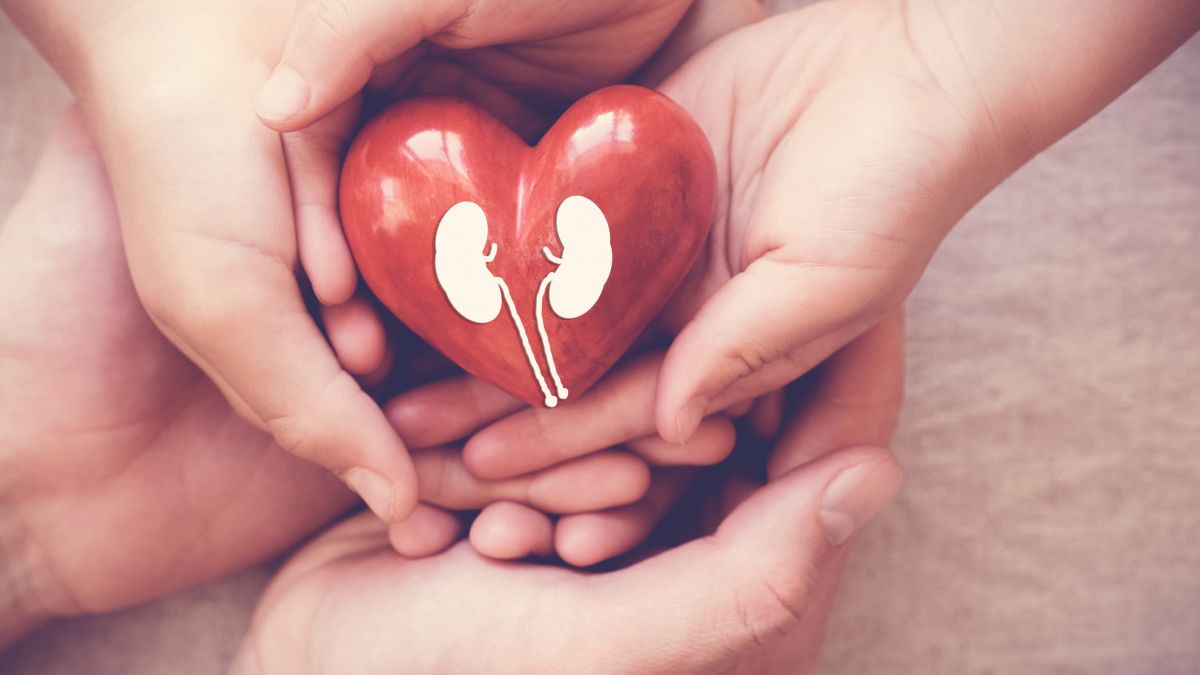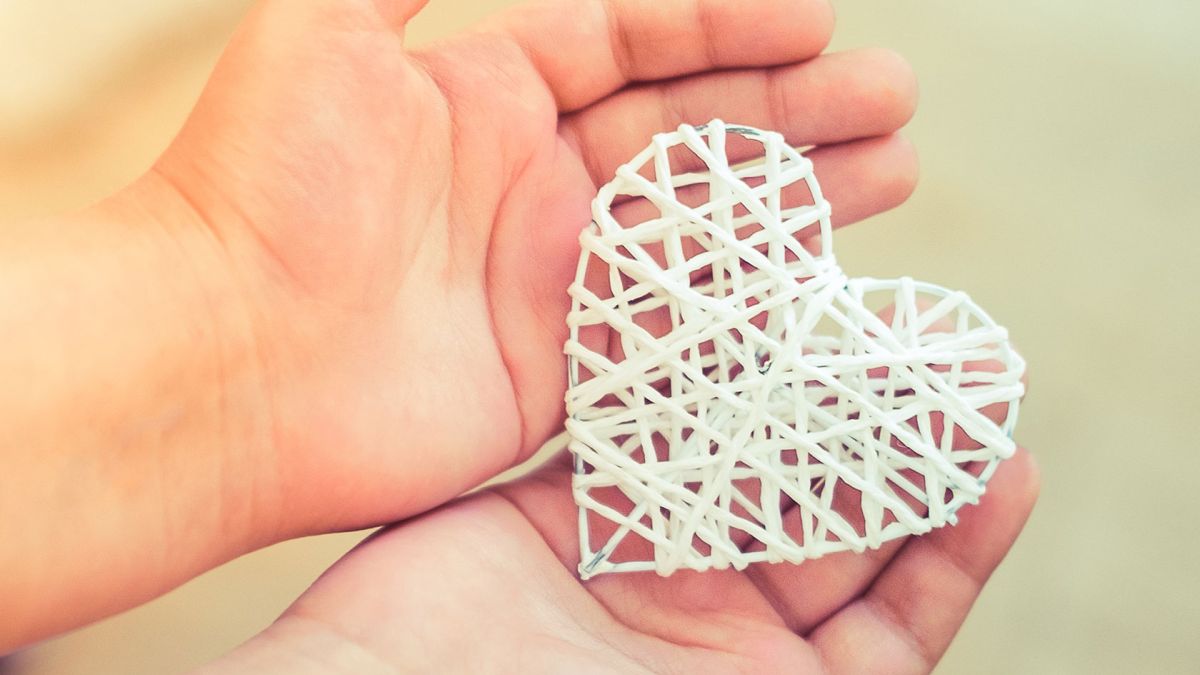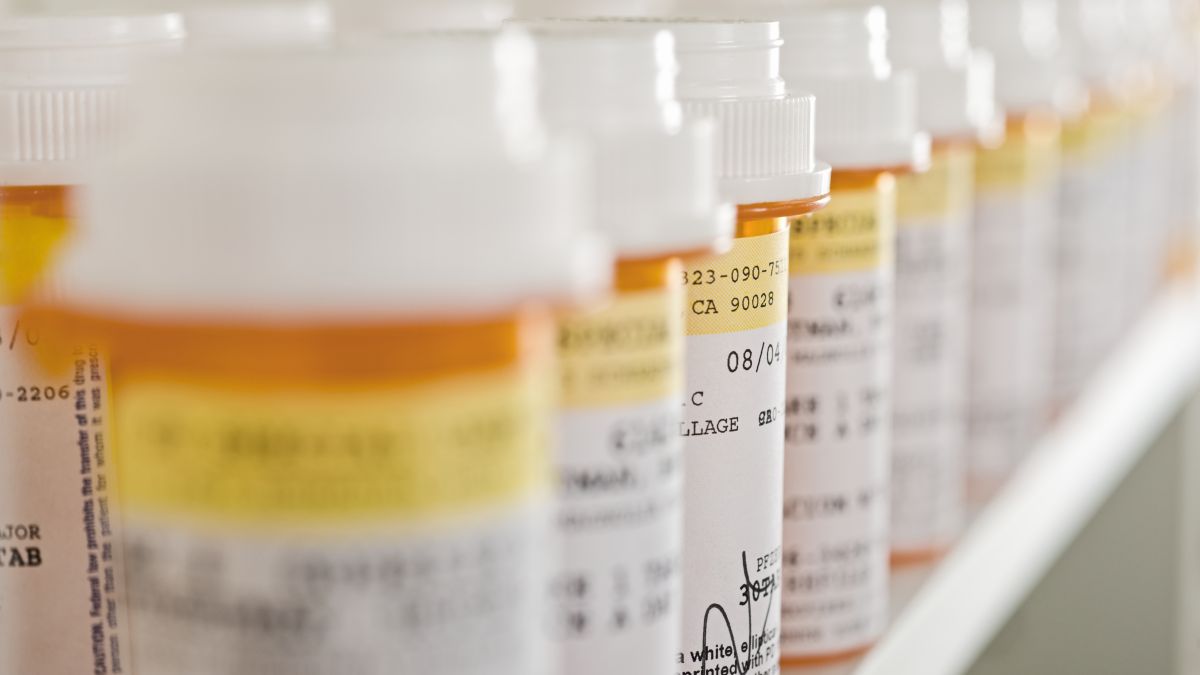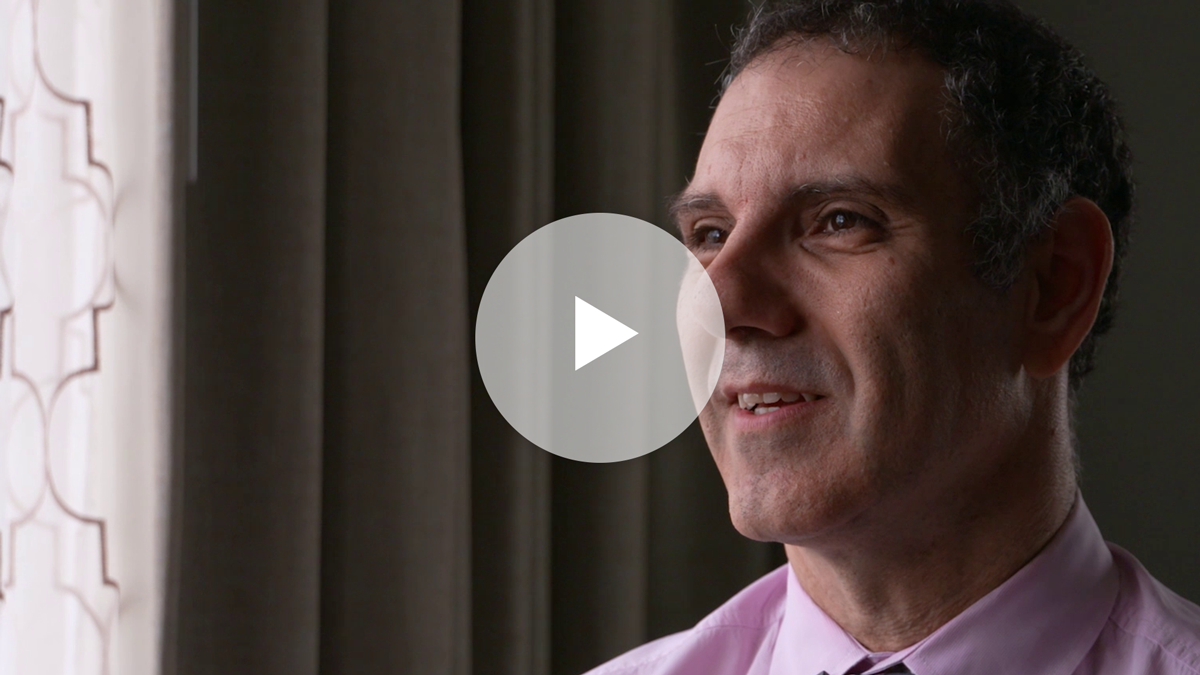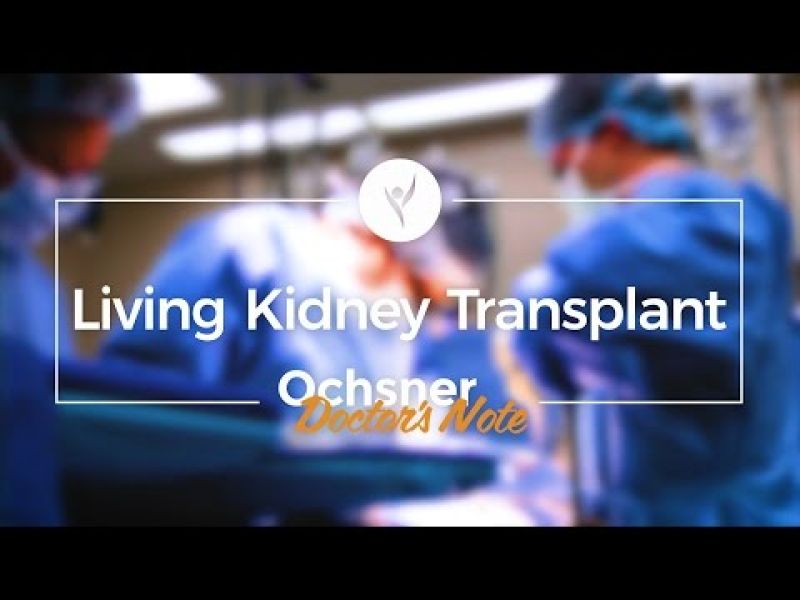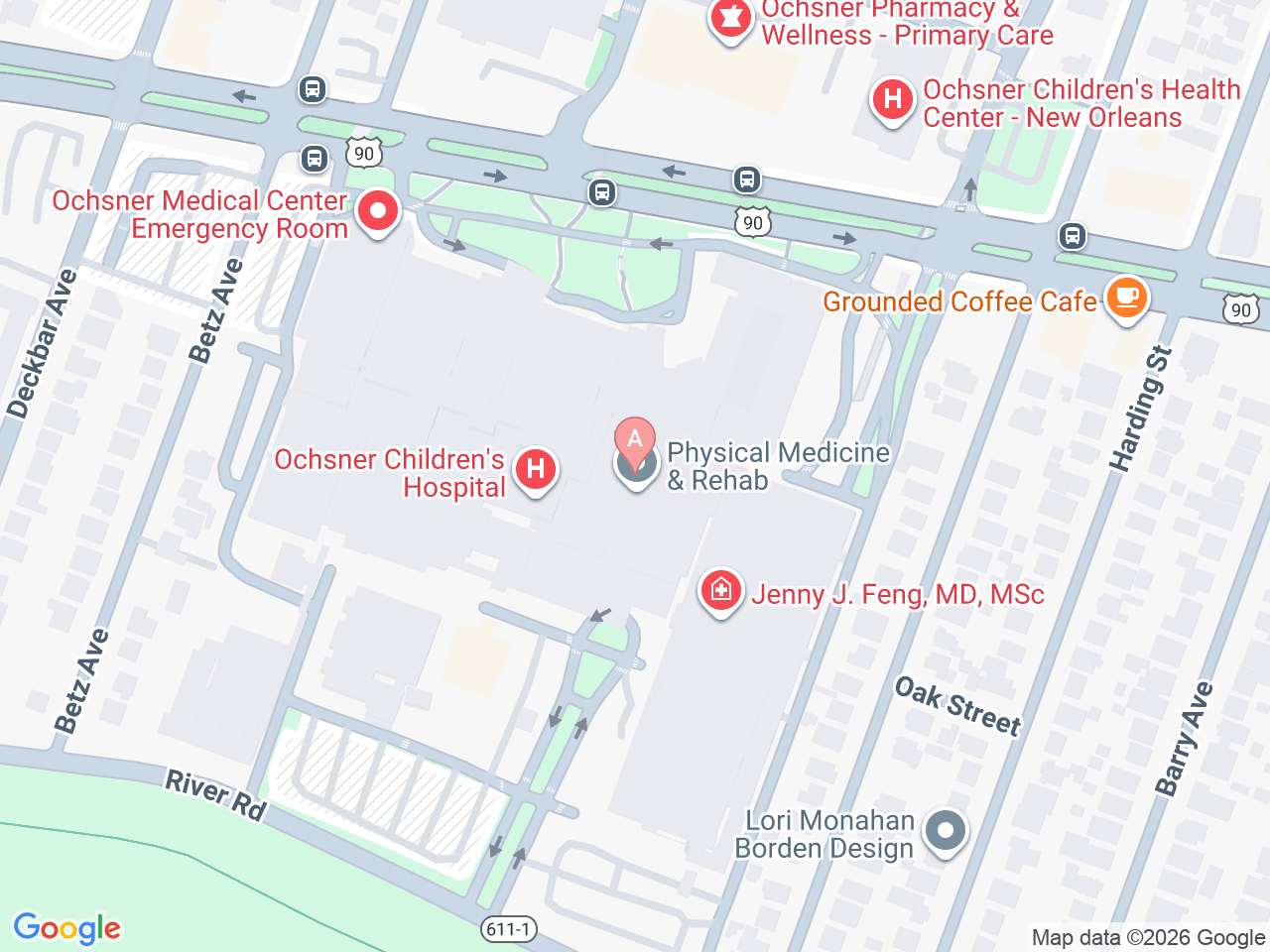Why choose Ochsner Health for your kidney or kidney-pancreas transplant?
The Ochsner Transplant Institute performs kidney and kidney-pancreas transplants in New Orleans, Louisiana, offering patients access to innovative care and life-changing procedures. Since performing our first kidney transplant in 1973, our team has completed over 4,000 kidney and kidney-pancreas transplants, transforming what was once a groundbreaking procedure into a trusted standard of care. What sets our kidney transplant team apart is our commitment to modern advancements, including robotic kidney transplants, living kidney donor transplants and paired kidney exchange programs, which expand opportunities for patients to receive the organs they need.
At Ochsner, you’re more than just a name on a list and our team is dedicated to helping you. From your first consultation to post-transplant care, we prioritize your experience, providing personalized support every step of the way. As a Medicare-approved transplant program and a recognized Center of Excellence, we are proud to deliver exceptional outcomes that rank among the nation’s best.
The Ochsner Kidney Transplant Program has earned ELITE status from INTERLINK COE Networks & Programs, a distinction achieved by demonstrating superior outcomes and ranking among the nation’s best transplant centers.








